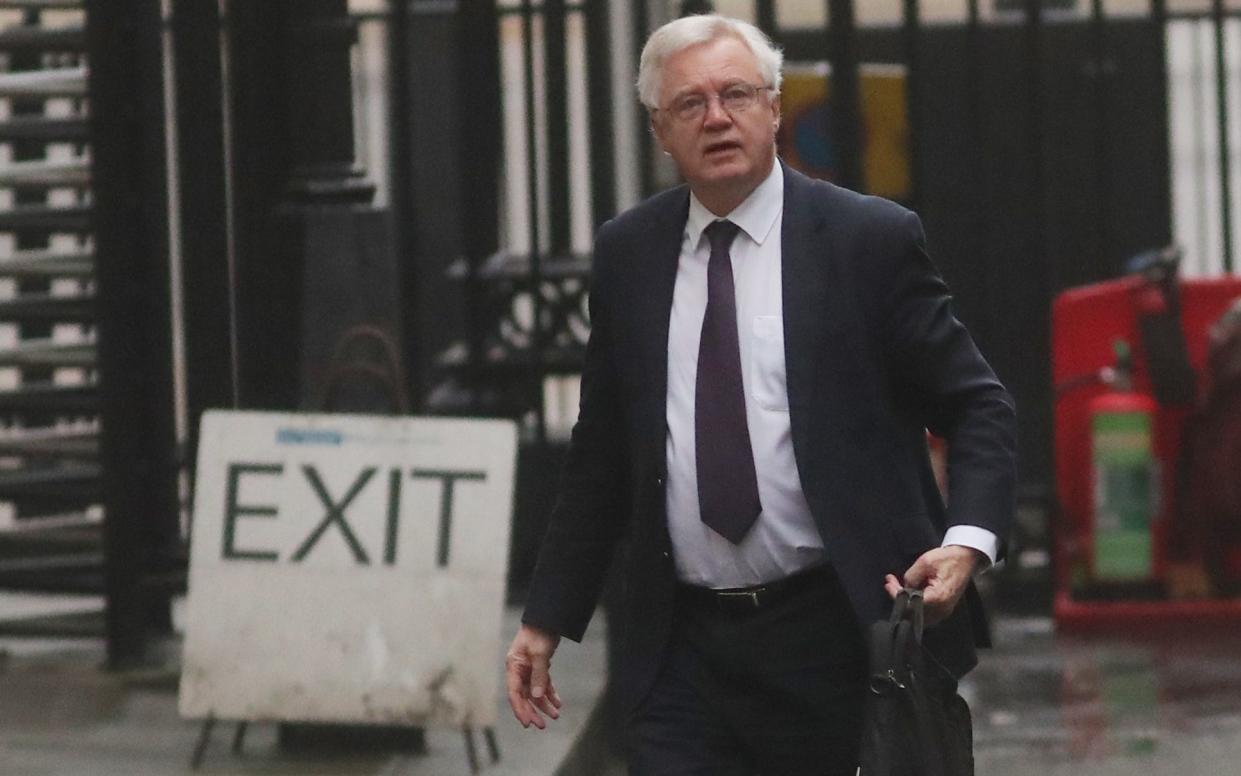Brexit Bulletin: Transition and on?

Good afternoon.
Theresa May has been clear since her Lancaster House speech, a tract treated with reverence by Brexiteers, that she wanted a period of limbo after Britain leaves the European Union to allow both sides the time to adjust to their post-Brexit relationship. She wants this period to last “around two years”. The EU has been ready to consider that, but is keen for it to be last a bit less than two years (21 months), so it ends before 2021 - the next EU budgetary round. The British have not ruled out sticking to such a time limit, with David Davis previously telling the House of Lords that “plus or minus a few months is neither here nor there” in their preference for “around two years”. But a new document has raised suspicions about how long ministers are happy for the transition period to last.
The Government, it says, “ wishes to discuss with the EU the assessment that supports” its desire for the transition to be over by 2021. Officials insist that the target is still to have “around two years”, with one pointing out to me that Mr Davis has only referred to a “few months” more than the EU’s 21 month limit rather than anything longer, but Ukip has been quick to accuse them of “barefaced treachery”. Brexit minister Steve Baker dismissed the idea of an “open-ended” transition as a “red herring”, although some Brexiteers may fear that the measures proposed in the document - including a joint committee to ensure problems to tackle problems “in good faith” - might leave officials so comfortable with transition that it never ends.
Ministers like to say - alongside their desire for a transition of “around two years” that it will be “strictly time-limited”. Eurosceptics will be keen to hear what that strict time limit might be in order to feel reassured. Downing Street has said this afternoon that there will be a fixed date for the end of the transition period, which it "would hope" to finalise next month. The EU has been clear when it wants the transition to be over, so Brexiteers may lament why British ministers cannot do the same.
As officials wrangle over transition, the cabinet has to work out tomorrow where that period should leave Britain once it is over. Ministers are set to spend hours locked away in Chequers discussing what the Government should drive for as its future relationship. David Davis played down suggestions yesterday about how much clarity may arise from this gathering, which may be sensible given that the ministers were expected to agree their vision of a future relationship over two days earlier this month - with little avail.
The Article 50 clock is ticking down regardless. Negotiators may be focusing on the transition period, dubbed by Mr Davis the “bridge to a future partnership”, at the moment. But they won’t be able to build much of a bridge until they know what they want at the end of it.
This is an extract from the Telegraph's Brexit Bulletin. To get it straight to your inbox, with much more featured, sign up below


 Yahoo News
Yahoo News 
